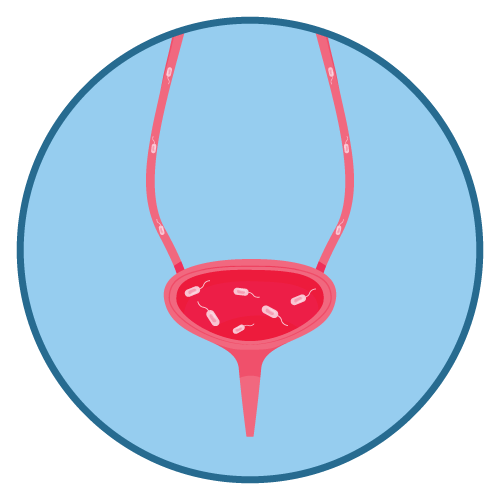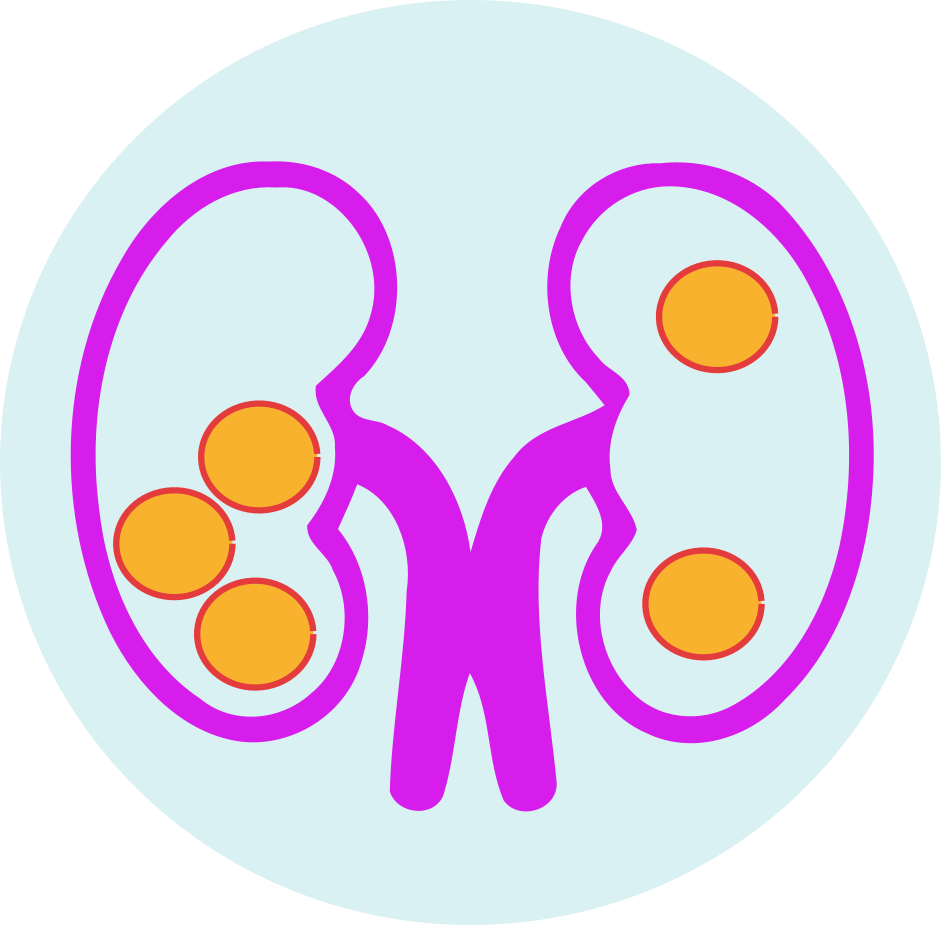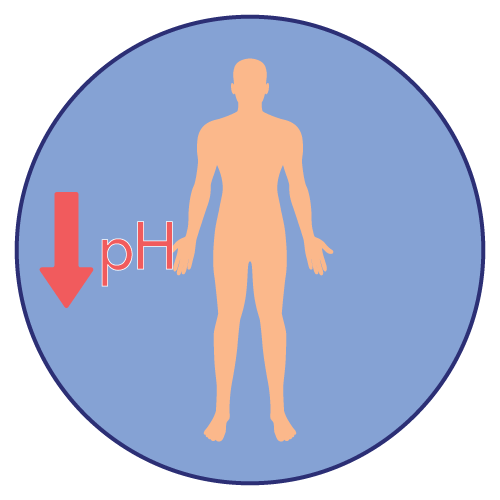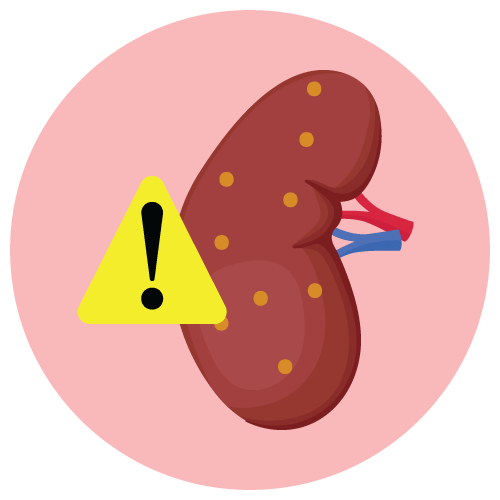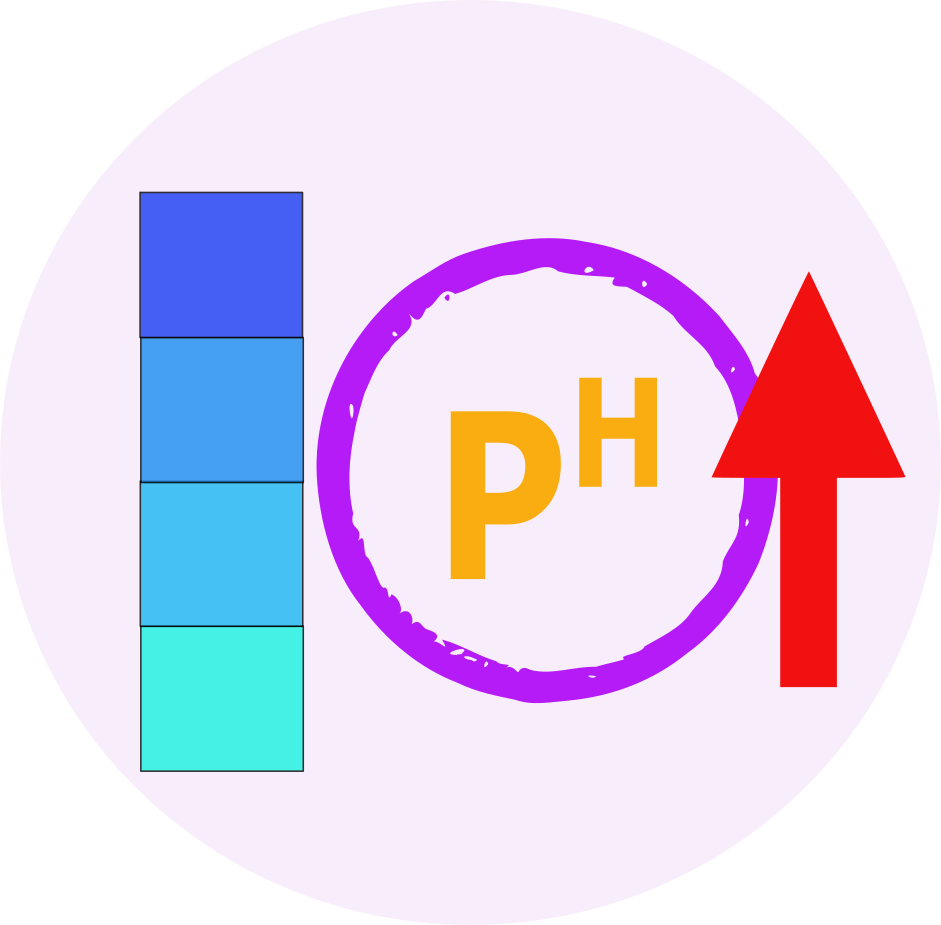| Name | Sodium Acid Citrate |
| Classes |
Uninary pH Modefier |
| Diseases |
Electrolytic Imbalance Hyponatremia (Low Sodium) |
Sodium Acid Citrate
Sodium citrate is a urinary alkalinizing agent. It works by neutralizing excess acid in the urine and maintaining a proper acid-base balance. It is a sodium salt of citric acid, which dissociates in the urine to provide sodium ions that combine with hydrogen ions, lowering the urine's acidity.
Sodium citrate is indicated for the treatment of:
- Urinary tract infections
- Urolithiasis (stones in the urinary tract)
- Gout
- Metabolic acidosis
- Adult dose: 2 to 6 teaspoonfuls (10 to 30 mL), diluted in 1 to 3 ounces of water, after meals and at bedtime, or as directed by a physician.
- Pediatric dose: 1 to 3 teaspoonfuls (5 to 15 mL), diluted in 1 to 3 ounces of water, after meals and at bedtime, or as directed by a physician. For children under two years of age, use is based on consultation with a physician.
Adverse reactions with the use of sodium citrate are rare. However, it may cause side effects such as nausea, vomiting, abdominal discomfort, diarrhea, muscle twitching, and muscle weakness.
Sodium citrate is contraindicated in patients with Hypersensitivity to sodium citrate or any of its components
Contraindication
None known.
None known.
odium citrate is contraindicated in patients with-
- Severe renal insufficiency
- Hypernatremia
- Metabolic alkalosis
- Patients with Addison's disease, aldosteronism, or other conditions associated with hyperkalemia
 Bangla
Bangla English
English